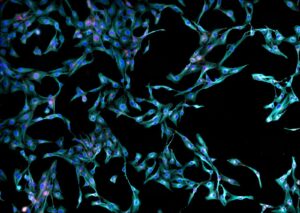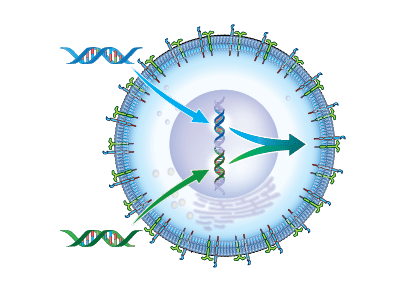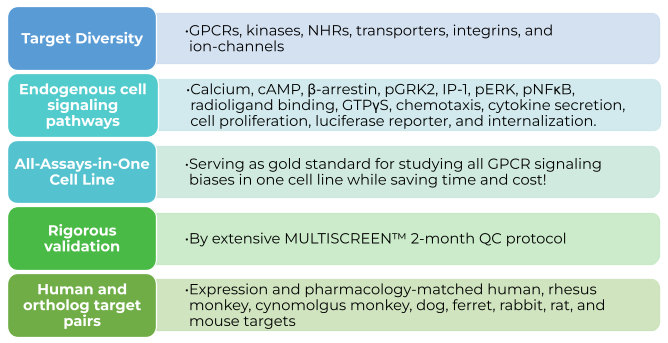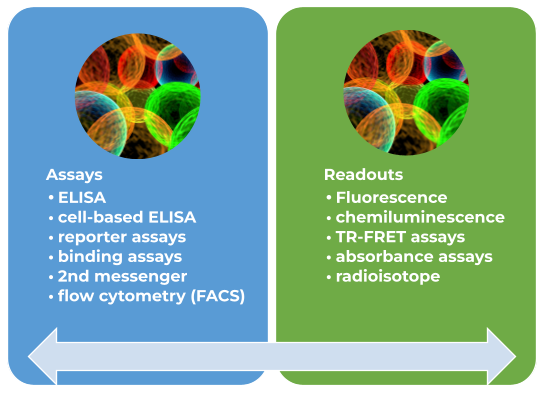Custom Cell Line Development to Accelerate Drug Discover
Stable cell lines play a pivotal role throughout the drug discovery process, from target validation to lead candidate selection for IND. Their significance spans a diverse array of druggable proteins, such as GPCRs, kinases, NHRs, transporters, integrins, and ion channels. Recognizing this vital role, we provide tailored cell line development to meet specific in vitro assay requirements for each program. This complements our extensive array of optimized MULTISCREEN™ stable cell lines, enhancing the efficiency of the drug discovery journey.







